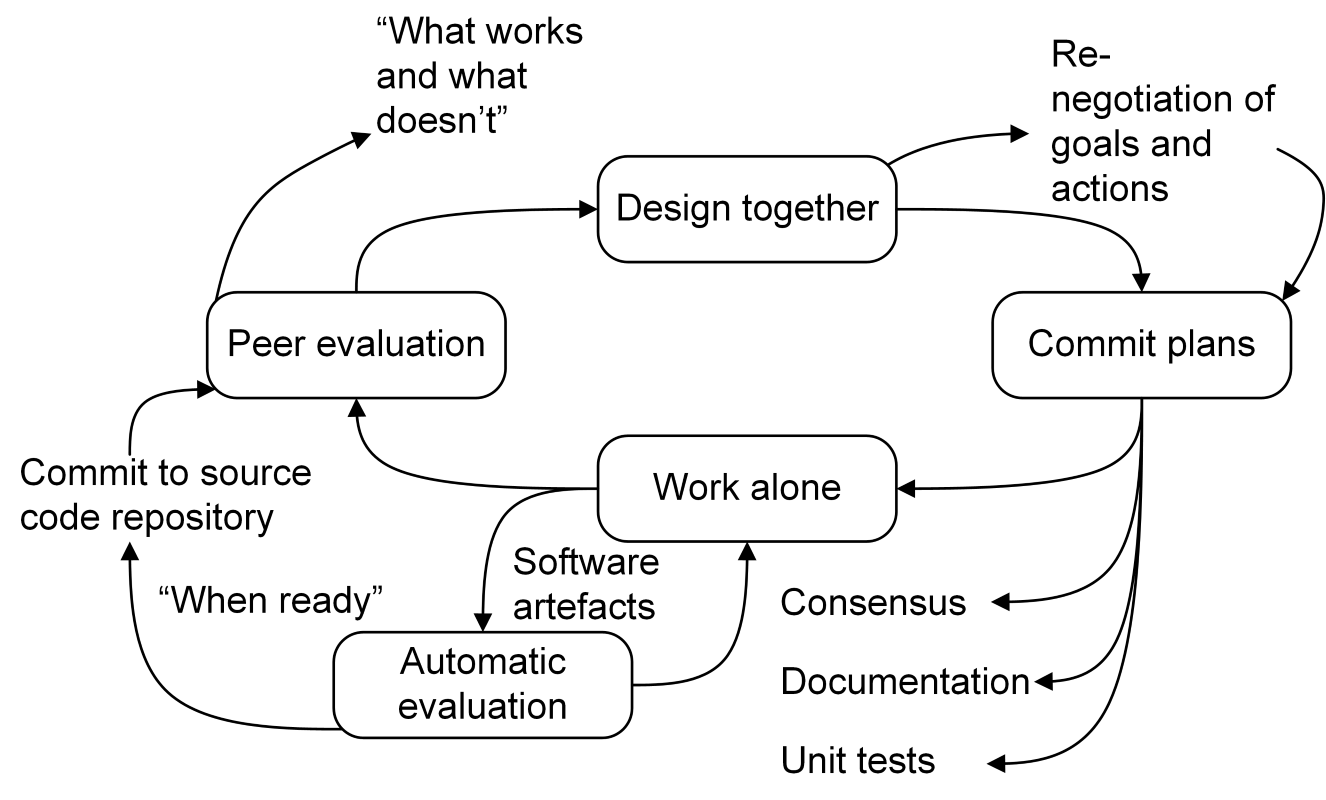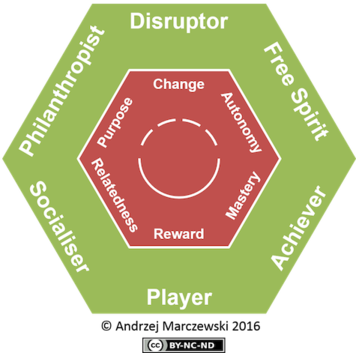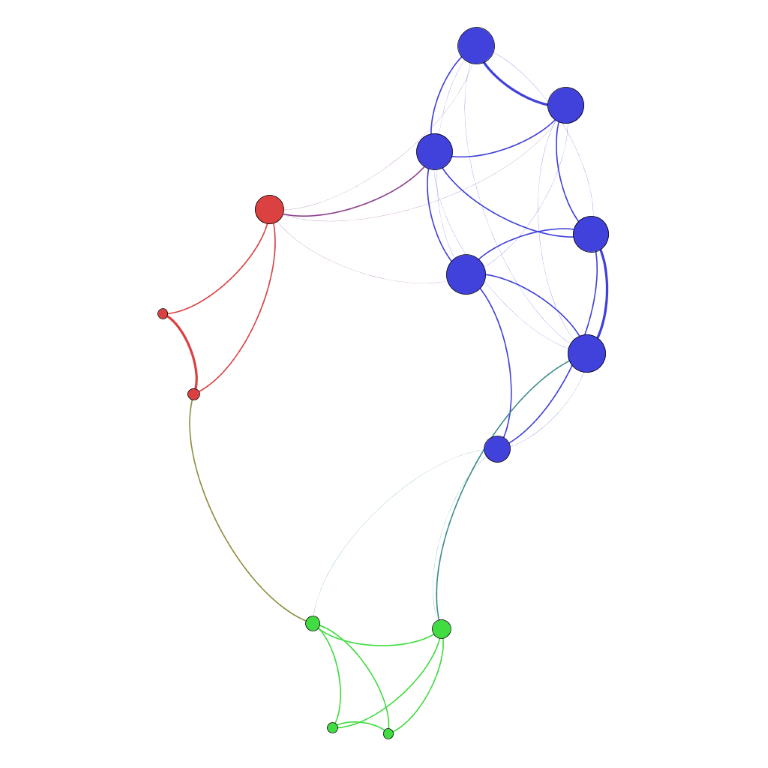21 Oct 2020 ·
9
min read
Preamble
Recently my colleagues and I had the opportunity to participate in the Civic Technologies workshop arranged online at the Computer-Supported Cooperative Work 2020 conference. Since it is allowed with workshop papers, we are re-publishing our text below as an online article. Read more below, if you’d like to find out more about how civic tech could be viewed through the lens of open source software ecosystems.
In this article, we identify benefits of using open source ecosystem practices within civic tech projects, the barriers against it, and offer some technical solutions that could address some of these barriers. We also lay the foundation for looking into less tangible aspects such as mutual benefits between the communities and cross community learning.
Authors and publication
Knutas, A., Palacin, V., Wolff, A., & Hyrynsalmi, S. (2020). Local Solutions with Global Reach - Can Civic Tech Benefit from Open Source Software Ecosystem Practises? In CSCW 2020 Workshop on Civic Technologies: Research, Practice, and Open Challenges. ACM. (Preprint from LUTPub)
Read on for the full paper below.
Continue reading
10 May 2020 ·
2
min read
There are many ways to participate in the development of civic technology, or technology for social change. While some studies have been performed in the career choice awareness of computer science graduates, there are few studies about their interest in participating in the development of government-driven civic technology (govtech). By comparison, volunteer work such as civic hackathons or CS education for social good have been better explored in literature.
What remains mostly unexplored is what kind of attitudes and knowledge computer science students have about civics and if this knowledge affects their career choices. To address this gap, we performed a survey-based research study on students’ civic knowledge, attitude and self-efficacy, and their willingness to work on civic technologies. In summary, our research question was: Do civic knowledge, attitude, or self-efficacy affect the work preferences of students?
The initial findings of our study indicate that civic knowledge or attitudes – including attitudes related to social issues and equality – do not have a significant effect on the choice to work at a non-profit. When it comes to working for the government, trust in civic institutions and attitudes towards country were significant coefficients.
Our findings suggest that educational and awareness efforts alone might not be enough to make civic work an interesting career choice to computing professionals after graduation. However, at the same time the students were interested in creating civic technology as volunteer work.
Continue reading
21 Apr 2019 ·
2
min read
 Figure: The basic iterative loop used in Code for Ireland’s software development process
Figure: The basic iterative loop used in Code for Ireland’s software development process
Civic technology, or the diverse ways in which people are using technology to influence change in society, is a field growing across the world. While civic technology can apply low tech solutions to a great benefit, several major civic tech projects create software. Most commonly built by institutions, such as NGOs and the academia, there are an increasing number of bottom-up efforts by to create grassroots software. In this case study, we present one grassroots-based group and their software development process, and the lessons learned for future practitioners.
Read More
An open access version of the paper is available in arXiv.
Continue reading
05 Dec 2018 ·
2
min read
 Figure: Marczewski’s (2015) Gamification User Type Hexad
Figure: Marczewski’s (2015) Gamification User Type Hexad
We have expanded our work on adaptive, personalized gamification into a systematic process that can be applied in design situations. Our design process presents how to use algorithms to select the correct gamification approach for each situation during system runtime, saving effort-intensive design work. This paper presents both the design process, based on Deterding’s work on designing gamification (2015), and a demonstration using Marczewski’s player profiles (2015).
Read More
An open access version of the paper is available at SpringerLink. The conference paper where we first demonstrated our work was discussed in a previous post.
Continue reading
13 Nov 2018 ·
2
min read
 Figure: A Small Social Network
Figure: A Small Social Network
Recently my colleague Timo and I wrote a paper that emphasizes the importance of two things: First of all, the importance of network and community analysis in gamification research. We claim that the impact of gamification can be seen not only at the level of the individual, but that it will impact the structure of sociotechnical communities. We propose that building hypotheses on the type of the impact and rigorously testing them will be a research agenda with potential for generating significant novel knowledge.
Secondly, we urge network analysis papers to move towards hypothesis testing instead of just presenting descriptive statistics. Wohlin et al.* summarize the importance of hypothesis testing for generating new knowledge as follows. “In science, physical phenomena are addressed by putting forward hypotheses. The phenomenon is observed and if the observations are in line with the hypothesis, this becomes evidence for the hypothesis. Experiments are important to test the hypothesis and in particular the predictive ability of the hypothesis. If the new experiments support the hypothesis, then we have more evidence in favor of the hypothesis.” If the study remains at the level of descriptive statistics, no evidence is created to support the presented new knowledge. (We acknowledge that this is a very positivist view and other philosophies of science or qualitative approaches are just as valid. However, in positivist-quantitative approaches hypothesis testing is essential.)
Read More
An open access version of the paper is available at CEUR-WS.
Continue reading
 Figure: The basic iterative loop used in Code for Ireland’s software development process
Figure: The basic iterative loop used in Code for Ireland’s software development process Figure: Marczewski’s
Figure: Marczewski’s  Figure: A Small Social Network
Figure: A Small Social Network